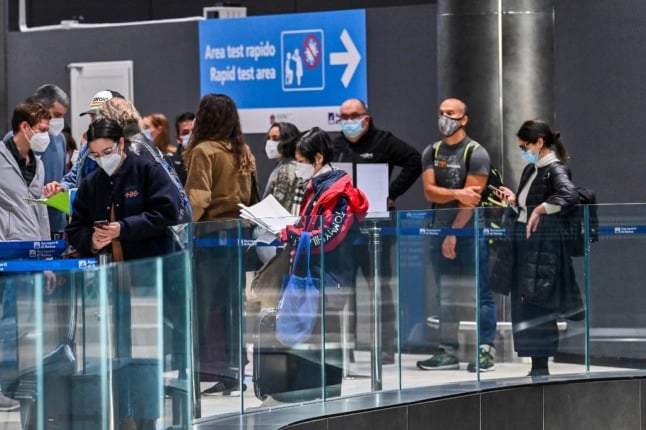Italy initially reinstated quarantine and double-testing requirements for all arrivals from the UK (including anyone who has transited there within the past 14 days) on June 21st amid concern about the Delta variant-driven surge in coronavirus cases in Britain.
The quarantine rule was set to end on Friday July 30th but on Thursday evening the country’s Minister of Health Roberto Speranza announced on Facebook that compulsory quarantine would remain in place for all arrivals from the UK including those who are fully vaccinated.
READ ALSO: How should travellers from the UK quarantine in Italy?
The rule will be extended until at least August 30th, according to the ordinance.
As Italy is not currently making any exemptions for those who are vaccinated, and with steep fines for anyone found not following the rules, this “mini-quarantine” has proven a big problem for many of The Local’s UK-based readers – particularly those who had been planning to visit Italy this summer for shorter periods to attend weddings and other events.
Even those who were planning longer trips have had to rethink plans, not least because low demand resulted in airlines slashing the number of flights available on UK-Italy routes.
This week the UK announced that from Monday August 2nd it would allow travellers vaccinated in European countries (apart from France) including Italy to travel to the UK without the need for the mandatory 10-day quarantine



 Please whitelist us to continue reading.
Please whitelist us to continue reading.
Bit confused here. So a UK arrival needs to quarantine for 5 days ‘as-is. Italy will accept the data from the NHS app as a ‘green card’. But will not recognise the QR code? (Probably because the tech infrastructure doesn’t read it.) Is that correct?
So if you are a green-pass holding Italian resident (but EU or UK citizen) who visits the UK, do you still have to do the 5 days’ quarantine and test on return here to Italy (home)?
All rather confusing? Any advice very welcome!